 High taxes have emerged as the No. 1 weapon in the war on smoking. The more cigarettes cost, research has shown, the fewer people buy them. That is one of the reasons six states are considering proposals to hike tobacco taxes.
High taxes have emerged as the No. 1 weapon in the war on smoking. The more cigarettes cost, research has shown, the fewer people buy them. That is one of the reasons six states are considering proposals to hike tobacco taxes.
But the effectiveness of that strategy is being undercut in the home of the nation’s highest tobacco taxes — New York City — by light penalties for merchants caught selling cheap cigarettes smuggled in from low-tax states.
Of the 1,105 licensed tobacco retailers inspected by New York City’s sheriff last year, 586 had cigarettes in their inventories that had been purchased on the black market, according to the city’s Finance Department.
Evidence of tax evasion is literally all over the ground in some neighborhoods.
An Associated Press reporter who took a short stroll up the Grand Concourse in the Bronx recently picking up discarded packs found that 6 out of 10 had a tax stamp from Virginia. Some had no stamps at all. Only 1 in 10 had a stamp indicating that the pack was purchased legally within the city limits.
The reason for so many out-of-state packs is simple: A bootlegger who stuffs a van with 50 cases of cigarettes in Virginia, where the tax is 30 cents a pack, can evade $166,500 in tariffs by selling that load in New York City, where the combined city and state tax is $5.85.
And the penalty for getting caught has historically been low. Shops caught selling untaxed cigarettes currently face fines of around $150 per carton.
That will change in June, when the penalty goes up to $600 per carton as a result of budget legislation recently signed by Gov. Andrew Cuomo.
The New York City Council held a hearing Thursday on a bill that would also create a city fine of $2,000 for selling untaxed cigarettes. A second offense would lead to a $5,000 fine and mandatory revocation of the retailer’s cigarette license if it occurs within three years of the first offense. The bill would also allow the city to shut merchants for 60 days for selling untaxed cigarettes.
But Finance Commissioner David Frankel is concerned that even those increased penalties won’t be enough. Most merchants who sell bootleg cigarettes, he said, “think of our enforcement efforts as the cost of doing business.”
Part of the issue, he said, are quirks in state and city law that make it unlikely that business owners caught selling modest amounts of contraband will feel any serious pain. Under the current system, fines usually have to be assessed on the clerk who makes the sale rather than the store owner.
“We are entitled to arrest the clerk who is on duty. The 20-year-old who is just sitting there … I don’t get to go after the guy who is really doing it,” Frankel said.
Last year, investigators working for New York City Sheriff Edgar Domenech seized 4,814 cartons of contraband cigarettes during spot inspections. They also made 15 arrests and issued 122 summonses. But because the city has no practical system in place for taking administrative action against retailers for tax violations, those operations didn’t result in any businesses losing their license to sell cigarettes, the finance department said.
Frankel said New York City officials plan to seek state legislation in the coming weeks to give authorities greater enforcement power.
The details are still being worked out, but Frankel said the city would like to lower the number of cartons of untaxed cigarettes a person is allowed to have for “personal use” without facing any penalty — now set at five. He said the city would also like tougher sanctions for store owners, rather than a system of fines that targets low-paid clerks.
New York state officials already have the power to suspend or fine retailers caught selling contraband cigarettes, but it isn’t clear how often that happens.
Of the 18,300 cigarette retailers in the state, fewer than 70 currently have their registrations suspended, according to an Internet database maintained by the state Department of Taxation and Finance.
A spokesman for the department, Geoff Gloak, refused to say how many, if any, of those suspensions were related to tax evasion as opposed to other offenses such as selling tobacco to minors. “As a policy, we don’t release information about our investigations or enforcement program,” he said.
Lawmakers in several states are now weighing legislation to increase cigarette taxes, including Minnesota, Massachusetts, Vermont, Maine, California and Connecticut. President Barack Obama has also proposed an increase in the federal tobacco tax.
Officials in Virginia have taken action this year in an attempt to stem that state’s flow of illegal cigarettes. State lawmakers recently passed legislation making it a criminal offense for unauthorized individuals to possess more than 25 cartons of cigarettes at a time.
That will at least make things more difficult on some smugglers, who in the past have been able to walk into warehouse retailers and walk out with 1,000 cartons or more.
In the meantime, New York City plans to roughly double the size of its relatively anemic enforcement staff, which now consists of five sheriff’s deputies, two fraud investigators and a lieutenant.
The City Council is also considering legislation to raise the minimum age to purchase cigarettes from 18 to 21, and another that would prohibit merchants from displaying the packs of cigarettes that are for sale. Merchandise would have to be kept in a cabinet or behind a counter instead.
Jim Calvin, president of the New York Association of Convenience Stores, said he had no problem with tougher penalties for merchants who turn to smugglers to evade high taxes.
But he thought that infractions by licensed detailers were few, compared to a burgeoning underground trade by unregistered bootleggers who sell out of backpacks, apartments and the trunks of their cars.
“The problem is the alternative sources of cigarettes,” he said. “And who is holding the unlicensed, unregulated, untaxed sellers of cigarettes accountable? No one.”
(AP)


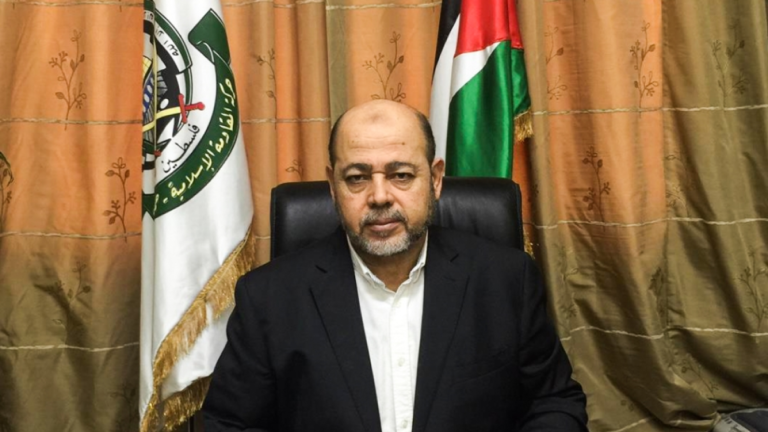
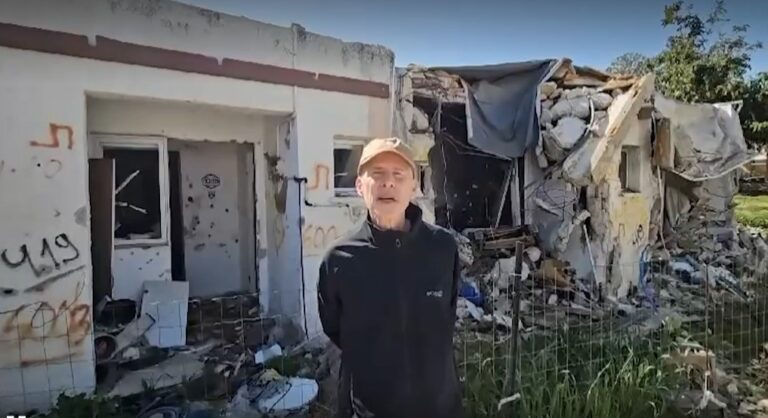
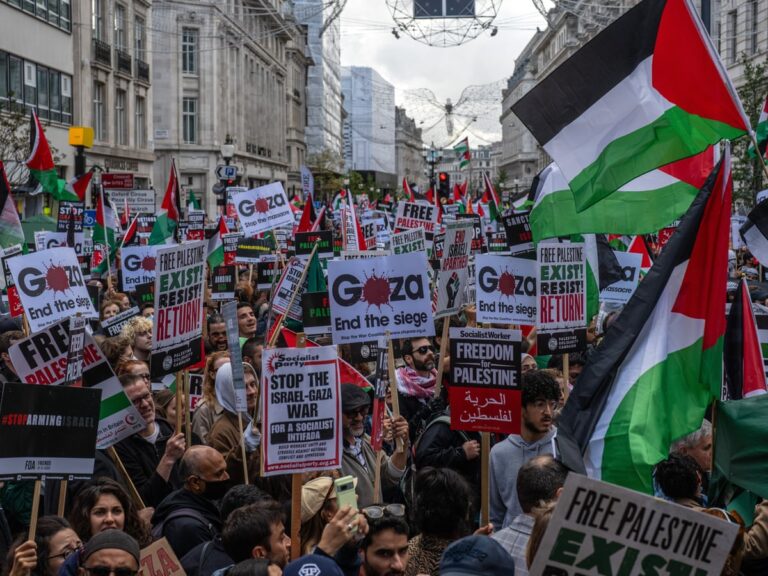




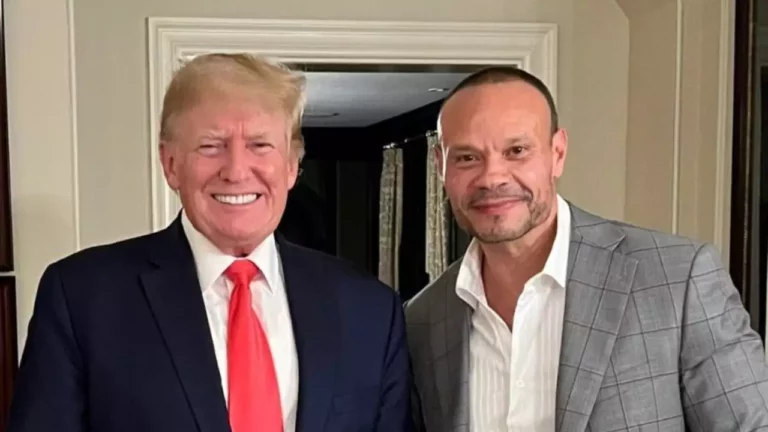
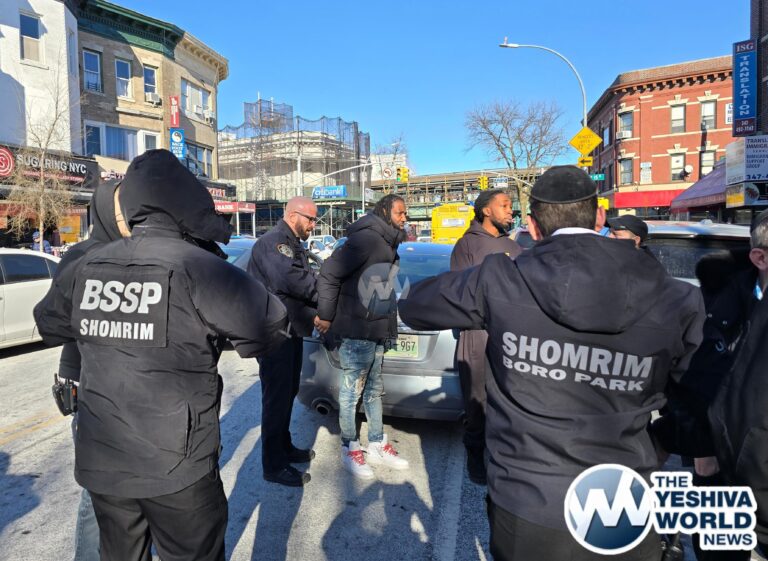
One Response
and WHO holds the government responsible for anything ?!